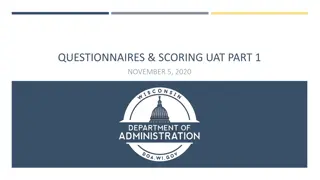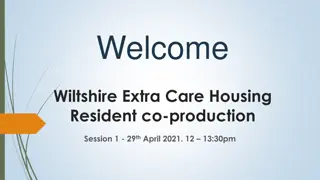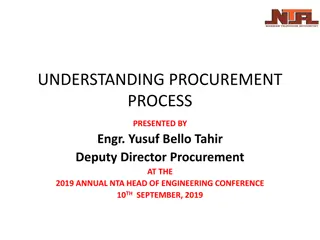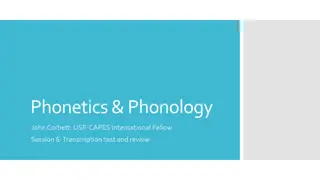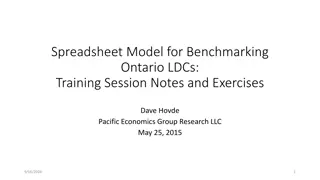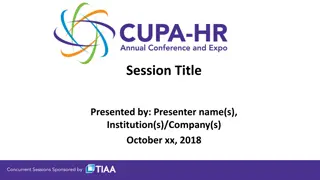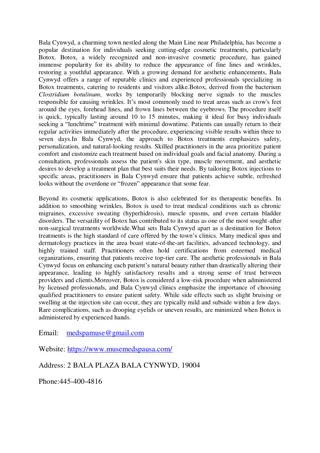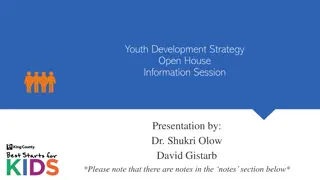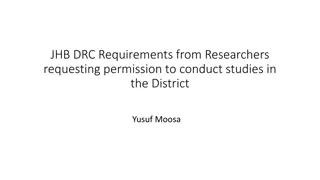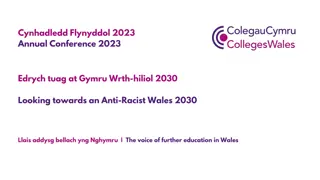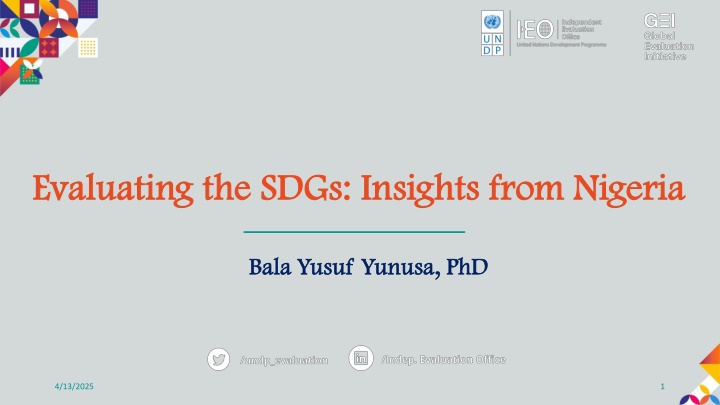
Insights on Evaluating the SDGs in Nigeria
Gain insights into Nigeria's commitment to the 2030 Agenda and the Sustainable Development Goals (SDGs) through evaluations conducted by Bala Yusuf Yunusa, PhD. Explore the purpose, methodological approach, and lessons learned from country-led evaluations in Nigeria, emphasizing political commitment and evidence-based reporting.
Download Presentation

Please find below an Image/Link to download the presentation.
The content on the website is provided AS IS for your information and personal use only. It may not be sold, licensed, or shared on other websites without obtaining consent from the author. If you encounter any issues during the download, it is possible that the publisher has removed the file from their server.
You are allowed to download the files provided on this website for personal or commercial use, subject to the condition that they are used lawfully. All files are the property of their respective owners.
The content on the website is provided AS IS for your information and personal use only. It may not be sold, licensed, or shared on other websites without obtaining consent from the author.
E N D
Presentation Transcript
Evaluating Evaluating the the SDGs: Insights from Nigeria SDGs: Insights from Nigeria Bala Yusuf Yunusa, PhD Bala Yusuf Yunusa, PhD 4/13/2025 1
Background Background Nigeria s commitment to the the 2030 Agenda and the SDGs Nigeria has successfully presented its 1st VNR (2017) and 2nd VNR (2020) to the HLPF Successfully completed Independent Evaluation of priority SDGs - 3 & 4 as tools for evidence based policy advocacy for the acceleration of SDGs in the Decade of Actions Established a Multi-Stakeholders Technical Working Group on SDGs Evaluation (TWG-SDGs-Evaluation) to drive the process and Capacity Building Workshop organized in 2019 Technical and Financial Support from UNICEF Nigeria
Purpose Purpose and and Methodological Approach Methodological Approach Purpose Purpose: :Learning Learning; ; Accountability Accountability and and Evidence Evidence- -based based Reporting Reporting Methodology Methodology: : Policy Analysis and Multivariate Data Analysis of Health Sector and Health Facilities Assessment; AND Education Sector and Learning Assessment of Students Competencies in Literacy and Numeracy Comparative Analysis of three groups of states on SDG-3: High Performing Performing States States; Transitioning Transitioning States States; and Low Comparative Analysis of three groups of States on SDG-4: High Performing Performing States States; Transitioning Transitioning States States; and Low Solid Evidence of What is working, for Whom, Why, under what conditions; Strategic Policy Recommendations High- - Low- -Performing Performing States States High- - Low- -Performing Performing States States
Country Country- -led Evaluation in Nigeria led Evaluation in Nigeria Evaluation Framework Evaluation Framework OECD Criteria + 2 SDG Principles GENDER EQUALITY HUMAN RIGHTS, EQUITY, UNIVERSALITY , LNOB
Lessons Learned Lessons Learned ? ? Political commitment country-led evaluation is more of a political undertaking than a technocratic undertaking The commitment strengthened Nigeria s evidenced- based Voluntary National Review in 2020 Capacity building should be integral part of the country-led evalaution process... Technical and Financial support of partners are crucial to the succesful conduct of country-led evaluations... development
C Conclusions onclusions Country-led Evaluation of the SDGs strong political commitment The Nigerian government has demonstrated strong commitment towards the 2030 Agenda for sustainable development and the SDGs The need for robust Monitoring, Evaluation and Reporting (MER) cannot be overemphasized Need Need for for UNGA UNGA Resolution Resolution on Evaluation Evaluation of of the the SDGs SDGs on Country Country- -led led
THANK YOU THANK YOU


